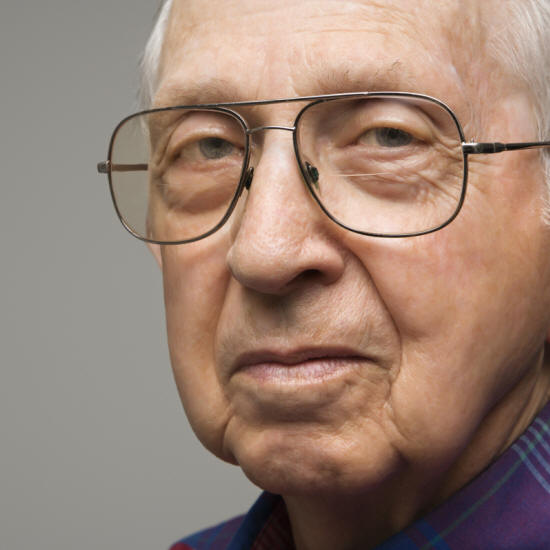The New York Times zooms in on a little-discussed mode by which people, often unconsciously, abuse senior citizens, namely elderspeak. It’s
the sweetly belittling form of address that has always rankled older people: the doctor who talks to their child rather than to them about their health; the store clerk who assumes that an older person does not know how to work a computer, or needs to be addressed slowly or in a loud voice. Then there are those who address any elderly person as “dear.”
My least favorite form of this practice is when a person refers to an obviously aged woman as “young lady.” However, overall,
the worst offenders are often health care workers, said Kristine Williams, a nurse gerontologist and associate professor at the University of Kansas School of Nursing.
To study the effects of elderspeak on people with mild to moderate dementia, Dr. Williams and a team of researchers videotaped interactions in a nursing home between 20 residents and staff members. They found that when nurses used phrases like “good girl” or “How are we feeling?” patients were more aggressive and less cooperative or receptive to care. If addressed as infants, some showed their irritation by grimacing, screaming or refusing to do what staff members asked of them.
The researchers, who will publish their findings in The American Journal of Alzheimer’s Disease and Other Dementias, concluded that elderspeak sent a message that the patient was incompetent and “begins a negative downward spiral for older persons, who react with decreased self-esteem, depression, withdrawal and the assumption of dependent behaviors.”
Dr. Williams said health care workers often thought that using words like “dear” or “sweetie” conveyed that they cared and made them easier to understand. “But they don’t realize the implications,” she said, “that it’s also giving messages to older adults that they’re incompetent.”
A 68-year-old police psychologist from Northern California, Ellen Kirschman, shares my aforementioned distaste. She
said she objected to people calling her “young lady,” which she called “mocking and disingenuous.” She added: “As I get older, I don’t want to be recognized for my age. I want to be recognized for my accomplishments, for my wisdom.”
What I love, however, is the way she deals with the slight.
To avoid stereotyping, Ms. Kirschman said, she often sprinkles her conversation with profanities when she is among people who do not know her. “That makes them think, This is someone to be reckoned with,” she said. “A little sharpness seems to help.”
Cops: Ya just gotta love ’em.


0 comments ↓
There are no comments yet...Kick things off by filling out the form below.
Leave a Comment